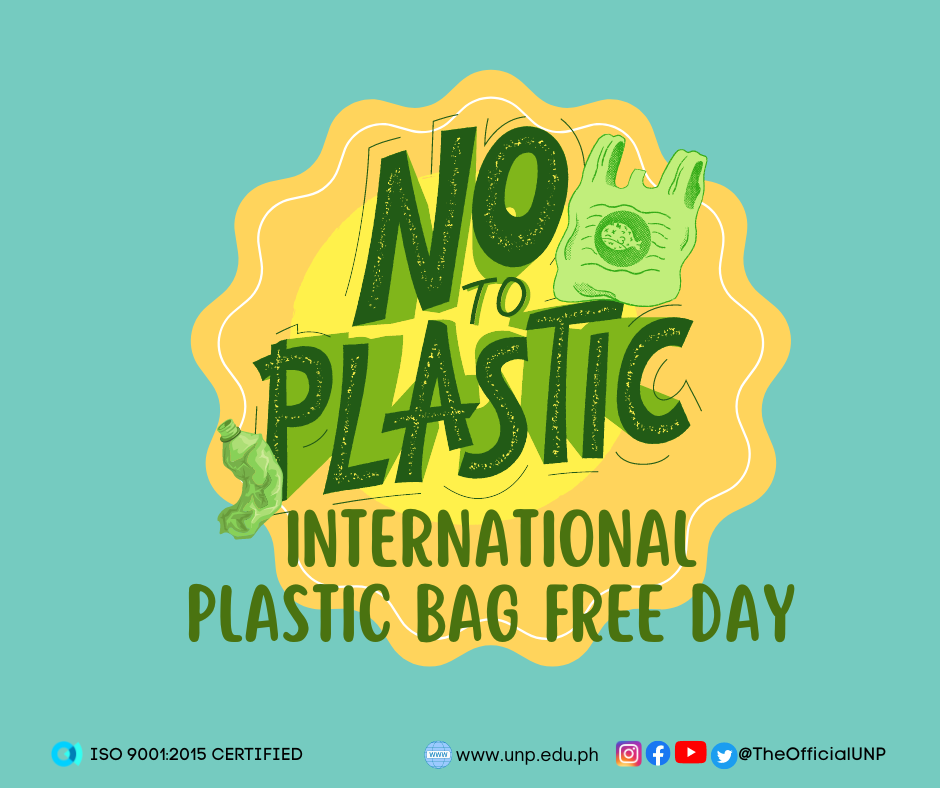
International Plastic Bag Free Day
EVENTS 3 July: International Plastic Bag Free Day There is hardly an inch of ocean

EVENTS 3 July: International Plastic Bag Free Day There is hardly an inch of ocean
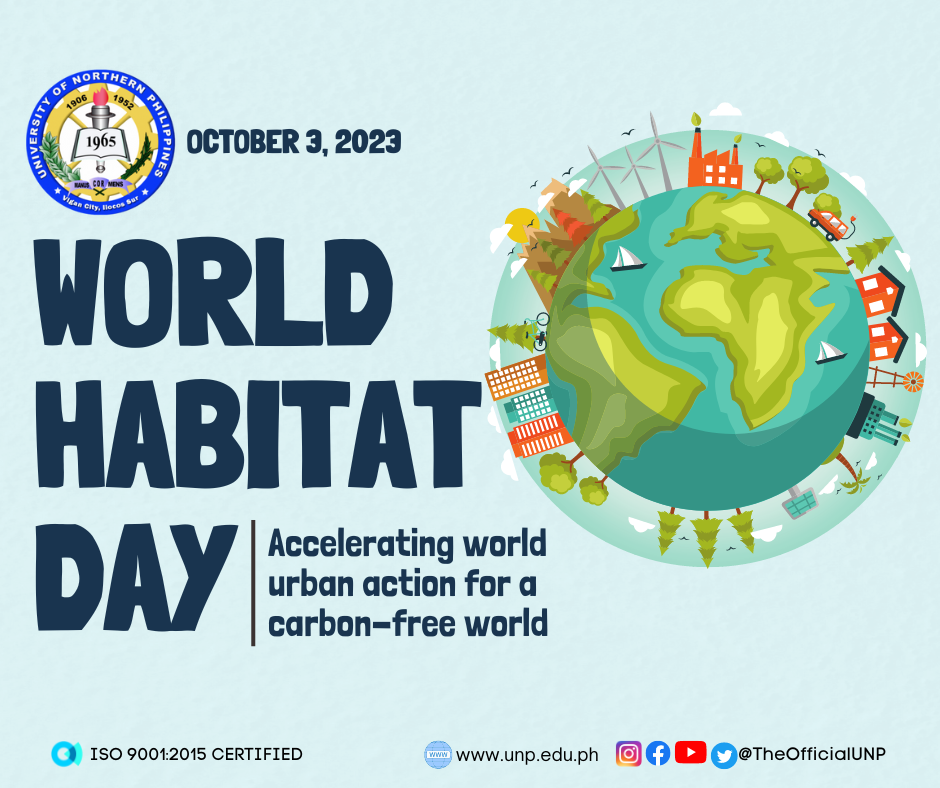
EVENTS 3 October: World Habitat Day October 1st is World Habitat Day, which also marks

EVENTS 9 August: World Indigenous People Day Indigenous youth: catalysts for self-determination change agents. Indigenous
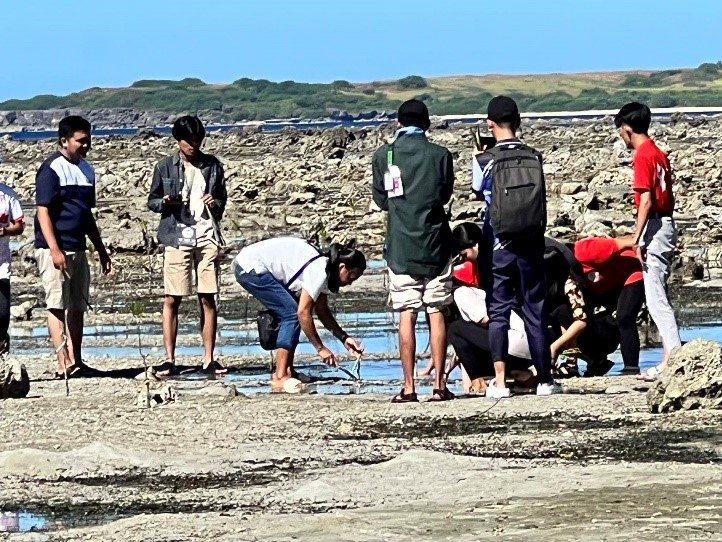
EVENTS International Coastal Cleanup Day A persistent worldwide catastrophe results from the ever-growing quantity of
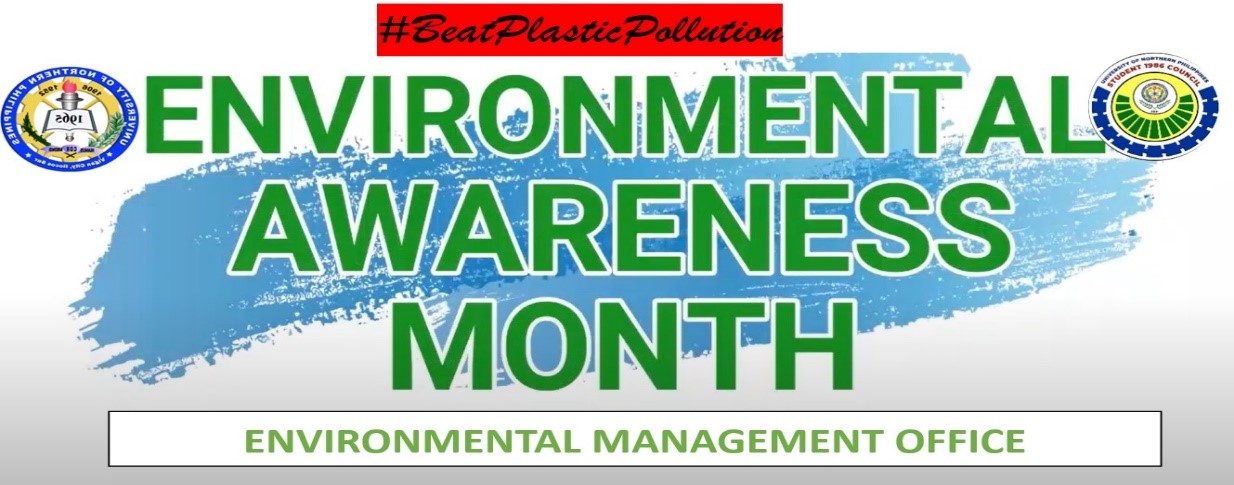
UNIVERSITY NEWS UNP joins National Environmental Awareness Month celebrations, highlights plastic pollution The UNP Environmental
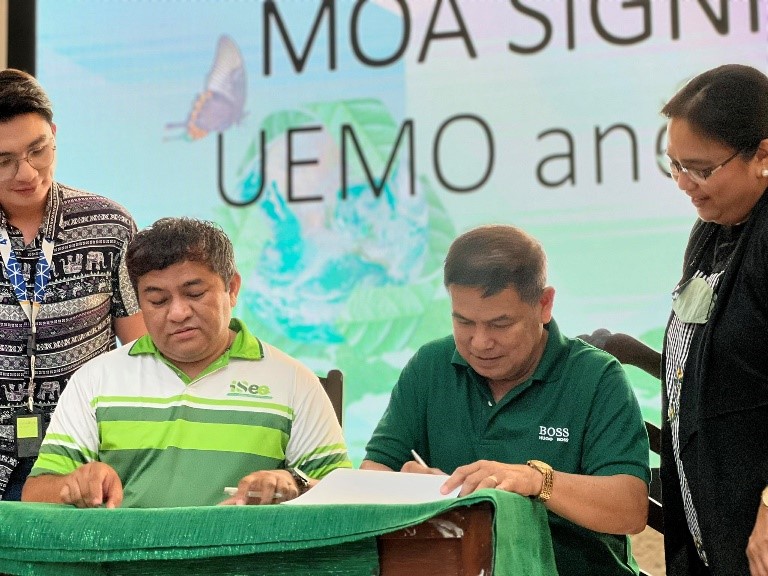
UNIVERSITY NEWS UNP-EMO, ISEE renews agreement to foster collaboration on climate change and environmental issues

UNIVERSITY NEWS UNP initiates mangrove reforestation activity Recognizing that our environment and natural resources are
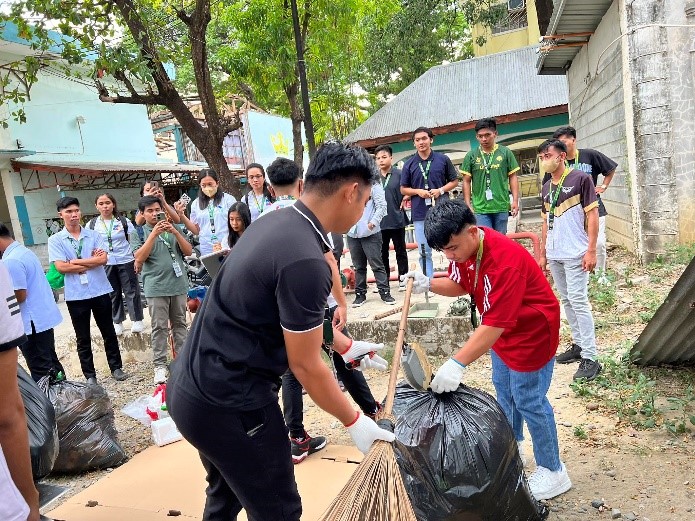
UNIVERSITY NEWS UNP conducts waste characterization audit While there are a lot of uncertainties when
The UNP campus features four distinct types of open spaces. Each feature plays an essential part in the physical development of the school and handles the outside space requirements of programs while also providing order and balance among buildings and circulation networks.
Pedestrian Ways: For pedestrian use, these are dedicated to the public use as a footpath which cuts across a block to facilitate pedestrian movement and access to adjacent street or building. Non-motorized modes of transportation like bikeways may be included in pedestrian routes; however, they must have designated lanes. Traffic disputes do not exist in these areas.
Yards and Lawns: These serve as buffers between structures and nearby bike lanes, sidewalks, and roadways. Lawns and yards are soft-escaped spaces in the campus with aesthetic value in relation to nearby structures which serve as locations for casual get-togethers and are not meant for frequent use or programming.
Quadrangles: They are the wider open areas that are usually delineated by significant structures, collegiate-style open areas, for various program requirements and gatherings. Quadrangles create distinct areas inside each space that provide a sense of enclosure at a size that permits both light and shade. Interconnectivity both inside and between the surrounding built environment is facilitated by several points of entry.
Athletics/Recreation: A lot of these areas are left available for program-specific purposes. In addition to the spaces for training, event, and recreational areas, they comprise a range of playing fields, turfs, and courts. Other designated open places provide for passive enjoyment, such as bicycling, strolling, or jogging among beautiful scenery, despite being mostly sport-related.
By offering areas for rest, study, and instruction, UNP’s green spaces improve the university’s learning environment. As a result of its appreciation for the value of green areas and their biodiversity, the University implements low-impact development and management strategies that aim to maintain or increase net biodiversity. As a result, the University implements strategies to: 1) reduce the negative effects of projects, activities, events, and programs on biodiversity; 2) keep an eye on the condition of the campus environment; and 3) increase public understanding of the value of green spaces and biodiversity. In order to accomplish these goals, the university established a standing committee on biodiversity, keeps track of the campus’ flora and fauna, made and displayed a map of the campus’ habitats and biodiversity, encourages awareness of the importance of biodiversity, gathers baseline data on the state of the campus’ environment and regularly monitors it, improves campus greening by utilizing native and/or edible plants inside and outside of buildings, and refrains from felling trees whenever possible.
Adopting the finest management and sustainability practices, the operations and maintenance (O & M) standards were created to assist UNP staff in creating and updating an improved O & M plans and manuals. These encourage all UNP facilities to employ sustainable O & M methods to the fullest while simplifying compliance with the Energy Plan. Furthermore, the exterior building environment, interior occupant comfort, and ongoing building expenditures are all closely related to building operations and maintenance procedures. Thus, implementing these O & M rules across the campus may have significant positive effects on the environment, society, and economy.
The University employs the following maintenance approaches:
Preventive maintenance involves replacing equipment and carrying out regularly planned operations in order to stop issues before they start. Preventive maintenance may involve changing air conditioning systems every ten years or fan belts once a year. While it is conceivable that the replacement of equipment will last longer, as equipment age, there is a greater chance of failure and a greater need for maintenance. The economical use of resources while replacing a material or system must be taken into consideration.
The goal of predictive maintenance is to identify issues early on and address them before they grow too significant by testing or monitoring. Measuring vibration, temperature, efficiency, and other parameters and comparing them to technical limitations are examples of predictive maintenance chores. When outcomes are better than expected, equipment is fixed or replaced.
Reliability-Centered Maintenance (RCM) is the best combination of reactive, time-or interval-based, condition-based, and proactive maintenance techniques. This is a superior approach to preventative maintenance. Rather than being implemented alone, these primary maintenance procedures are linked to enhance facility and equipment dependability while lowering life-cycle costs.
The goal of the Campus Security Services Office, a UNP service department, is to provide a safe, secure, and tranquil learning environment that supports community members’ employment, education, and overall well-being.
Campus safety is highly valued since it is a crucial component of the University’s continuous endeavor to safeguard the rights and welfare of all community members. For college to be meaningful, students need to be allowed to learn, explore, and make memories in a space free from anxieties, concerns, and distractions. In a similar vein, security for all parties involved with the school, including but not limited to academic staff, support staff, administrative staff, and guests, is guaranteed.
The main goal of our professionally trained security staff is to make sure that everyone on campus is happy, safe, and secure. The institution has put in place closed-circuit televisions (CCTVs) with round-the-clock surveillance to prevent crime and ensure the security of all visitors and residents, including staff, teachers, and students. Extinguishers are positioned close to the buildings’ exits and each classroom to prevent the occurrence of fire. Drills for earthquakes and fires are also regularly organized, and everyone on campus is expected to follow the emergency preparedness protocols.
The University of Northern Philippines introduced a range of wellness and healthy living initiatives in an attempt to foster a culture of health and well-being among its staff members and demonstrate a sincere care for the physical and mental wellbeing of its workers in today’s society. The UNP Wellness and Healthy Lifestyle Committee was established with the goal of creating and implementing ideas and programs that improve the physical, mental, and emotional health of its workforce. Employees will be better equipped to handle the demands of both job and school as a result, making the academic community as a whole healthier, happier, and more productive.
Fun Run, Onsite Influenza Vaccination (FluVax), Zumba Sessions, Beginner-Friendly Yoga, and Walking Fridays are some of its events. Other planned events include health and wellness workshops and regular sports activities.
The UNP Wellness and Healthy Lifestyle Committee is an important player in creating a comprehensive and encouraging environment for staff and students. The principal aim of these endeavors is to promote environmentally conscious habits and social and emotional well-being awareness.
Additionally, all members of the university community get primary, emergency, and specialist healthcare as well as the execution of initiatives and programs for preventive and promotional medicine from the UNP Hospital and the Medical Services Office. In addition to providing for the medical requirements of students, these institutions are also responsible for providing care for faculty members and support workers.